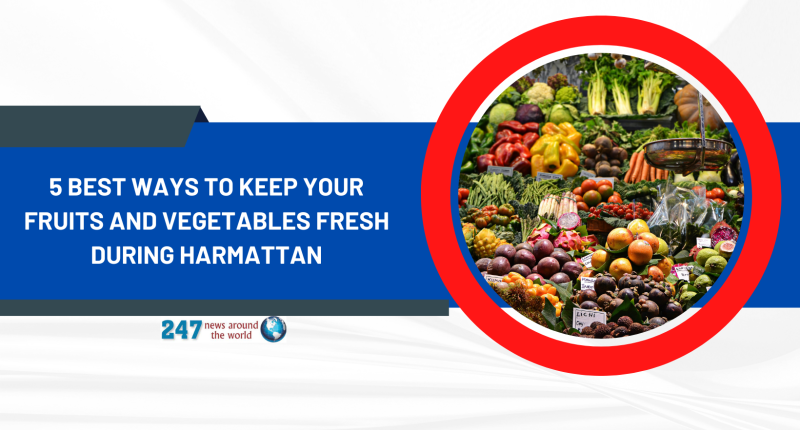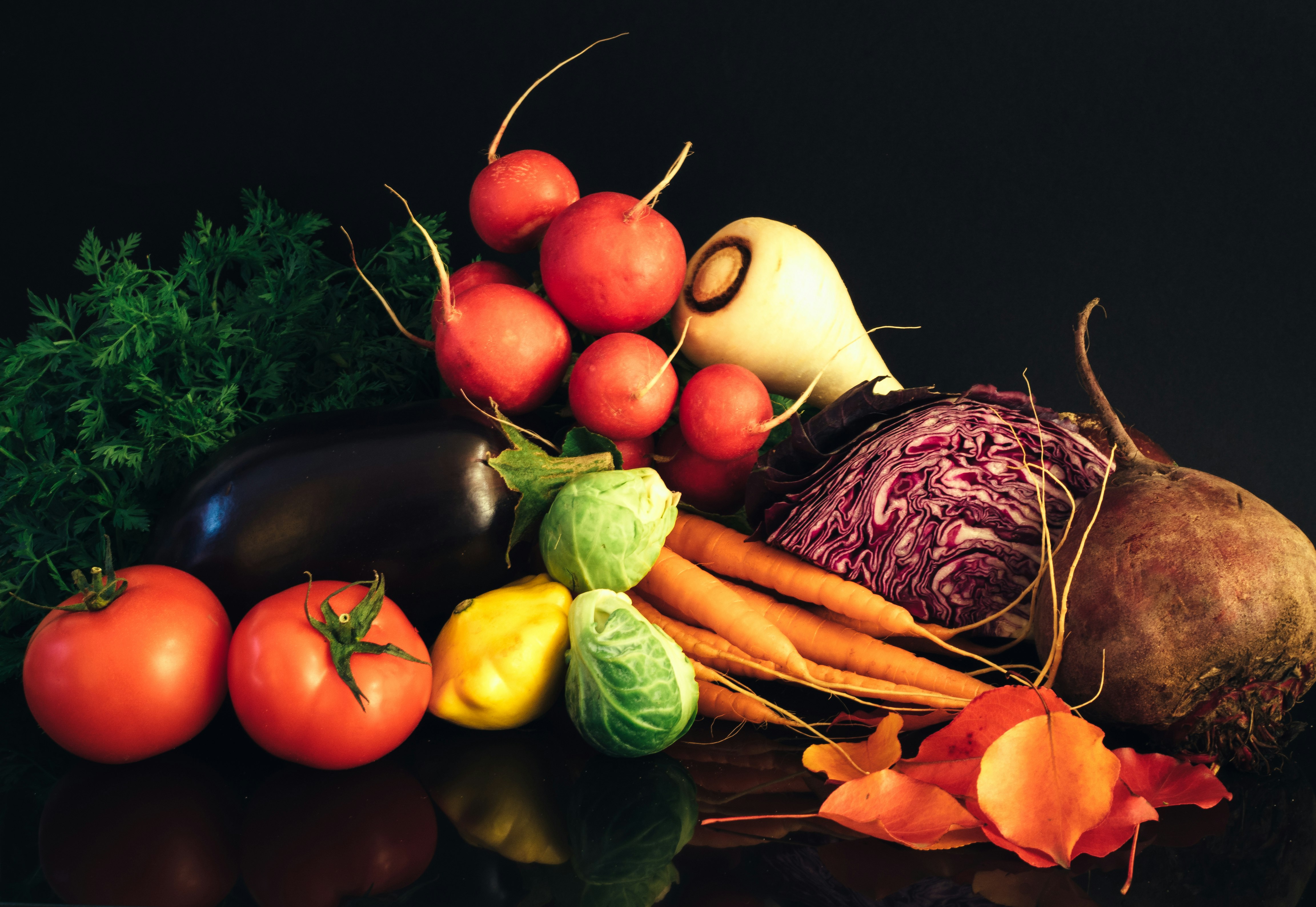Learn “5 Best Ways To Keep Your Fruits And Vegetables Fresh During Harmattan” Harmattan is a dry and dusty season that affects many countries in West Africa. This season brings with it a huge challenge for getting fresh fruits and vegetables into homes.
Poor storage conditions lead to spoilage of produce, leaving families with no option but to buy expensive ready-to-eat foods or processed food items instead. But fear not! There are ways to ensure your fruits and vegetables stay fresh during harmattan and you can enjoy nutritious meals without breaking the bank.
In this article, we’ll explore the five best ways to keep your fruits and vegetables fresh during harmattan so you don’t have to worry about wastage or buying expensive processed foods. Read on to learn more!
1) Start fresh
The first step in ensuring the longest storage life is to select the freshest fruits and vegetables. Green leafy vegetables should be “richly colored” and free of “any weak or fading leaves.”
When selecting root vegetables, cabbages, squash, and onions, look for ones that are “heavy for their size” and free of blemishes or soft places.
Citrus fruits, such as lemons, oranges, grapefruits, and tangerines, have a pleasant aroma and no soft patches. Apples have firm, smooth skin that is free of blemishes.
Cucumbers, eggplants, and peppers are dense, wrinkle-free, and dark. Tomatoes must be solid, have a pleasant aroma, and be free of stains. The tomato is riper when it is red.
The skin of potatoes should not be wrinkled. Green skin indicates deadly solanine. Dirt on potatoes can indicate freshness because they are usually washed before storage.
2. Know the conditions
Freshness, type, temperature, ethylene production, and ventilation must all be considered while preserving fresh fruits and vegetables. Many fruits and vegetables store well in the refrigerator, but some, such as potatoes, onions, and garlic, are best kept at cool room temperature.
Some fruits, such as apples and bananas, naturally produce Ethylene (a plant component that stimulates ripening in fruits). Ethylene hastens the ripening (and eventual death) of ethylene-sensitive vegetables such as cabbage, leafy greens, lettuce, and broccoli, to mention a few.
These ethylene-sensitive fruits and vegetables should be kept away from ethylene-producing ones.
3) Wrapping and refrigerating
Wrapping fruits and vegetables can help seal in moisture while also protecting them from dry air. Fruits and vegetables such as peppers, citrus fruits, mushrooms, broccoli, cabbage, carrots, okra, root vegetables, and so on can be wrapped in film or stored in zip lock bags to keep them fresh.
Refrigerable fruits or vegetables when sealed, whether in zip-top plastic bags, reusable silicone pouches, or containers with tight-fitting lids stay fresher for longer.
If you buy carrots, beets, or other vegetables with their greens still attached, cut the tops all the way down to the root before storing them to seal in their moisture.
Keep leafy greens unwashed and store in a zip lock bag to keep them fresh. Rinsing them before storing might cause them to rot faster.
4) Room Temperature
Produce that stays best at room temperature, such as potatoes, onions, and bananas, need air circulation and should be kept out and spaced in a cool, dark place with relatively high humidity and air circulation. Ripe ones should also be separated from the unripe or moderately ripe ones.
Banana and onions (ethylene producing fruits) should be kept separately from other fruits. Potatoes and yams store well in comparable settings but may have different shelf life.
5) Soaking in water
Some fruits and vegetables, particularly greens, can be soaked and stored outside or in the refrigerator. This approach may be used to keep fruits and vegetables fresh, such as avocado and leafy greens.
Conclusion
Harmattan can be a difficult season when it comes to keeping your fruits and vegetables fresh. However, with the right tips and tricks, you can make sure that they stay as fresh as possible for longer. We’ve listed five of the best ways to keep your produce fresher during Harmattan. From using airtight containers to refrigerating your produce, these tips will help you make sure that you get optimal value from every single piece of fruit or vegetable that you purchase.
Continue to check our website for more articles of this kind. And, please use our comment section as well, we would love to hear from you.







